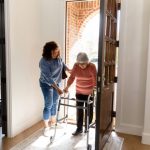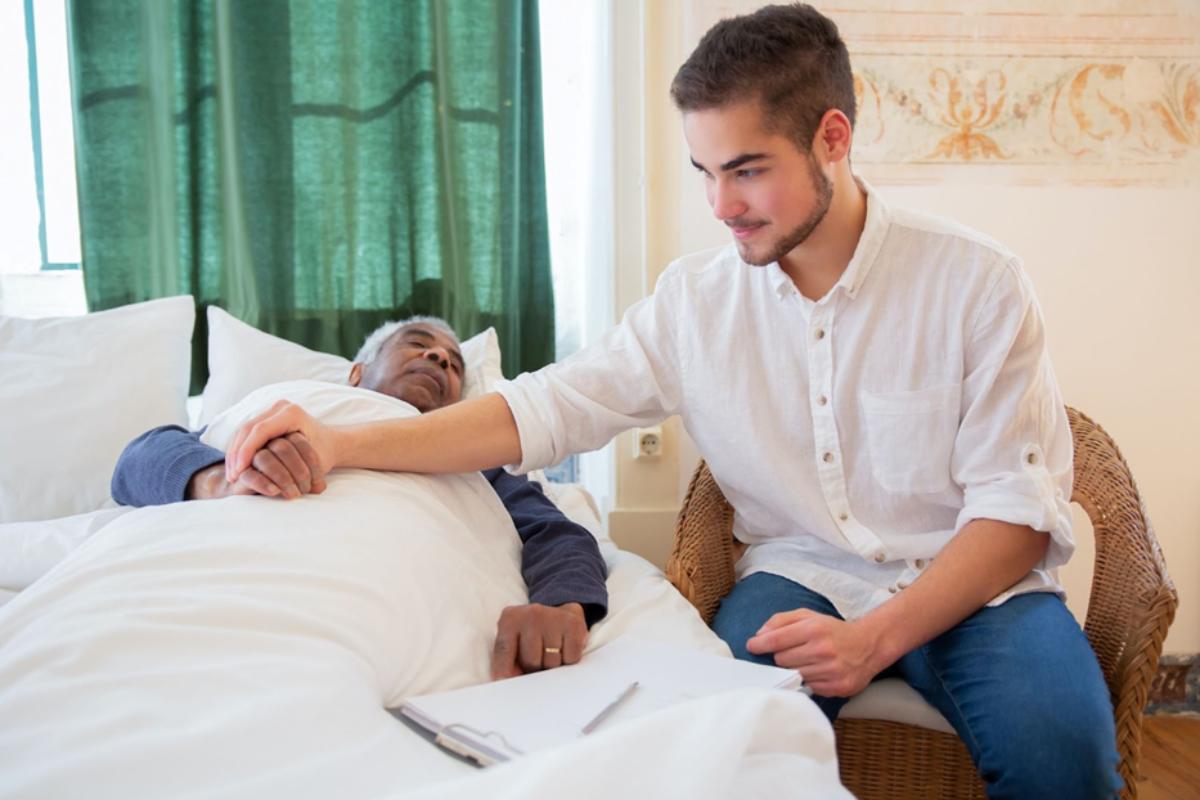Your elder loved ones need extra attention and care due to their deteriorating health. While each individual’s needs are unique, most elders like to spend their time at home, where they can be close to their loved ones in a comfortable environment. If you’re trying to determine whether or not your aging parent or loved one needs in-home care services, consider if you observe the following.
Table of Contents
1. Poor Hygiene
The change in your loved one’s appearance is probably one of the first things you will notice about them. It is common for elders to start to appear unkempt or disheveled. Often, they fail to care for themselves, which causes a change in looks. Dirty clothes, poor hygiene, and messy hairs are indicators that they need your support and extra care. Your loved one is less likely to go outside and participate in social activities if they have started to ignore their physical appearance. A caregiver can help your elderly by providing support to maintain their health and hygiene.
2. Behavioral Changes
If you’ve observed that your loved one appears anxious or that their sleeping habits have changed, it might be a red flag for a problem. Depression, social isolation, or other health issues indicate significant changes in emotional states and social behaviors. You should consider a professional caregiver in this case. They offer companionship and a trustworthy resource to keep your senior’s life more balanced.
3. Accidents and Injuries
Even though a scrape or bruise usually is nothing to worry about, a body covered in bruises all the time might be. Unexpected bruises and bumps could indicate that the person has more difficulty moving around the house. Older people risk stumbling or falling due to deteriorating mobility or vision. Discuss the reason for the bruising or injury with your loved one and suggest hiring an in-home care provider if you frequently observe these kinds of injuries.
4. Surgical Recovery
A sudden sickness or difficulty recovering from surgery could indicate that your loved one needs additional help at home. Seniors are more prone to infections during this time, and their chance of being readmitted to the hospital is higher. Live-in care can offer assistance with meal preparation, housekeeping, medication reminders, and personal cleanliness.
5. Difficulty in Driving
A crucial rite of passage into adulthood was being able to drive. Asking your elder to give up the keys to the car for safety reasons can feel like a significant blow to their independence. Rather than letting your loved one keep driving, it might be time to have the conversation about getting help from someone to pick them up from hospital appointments and run errands.
6. Memory Decline
As you become older, it’s common to forget things, like the name of an old friend or where you put your phone. However, if memory loss worsens over time, it can result in unpaid bills, missed appointments, or medication.
Consider a 24/7 senior facility if your loved one shows cognitive impairment but isn’t ready to go into an assisted living or memory care facility. When interviewing home care aides, inquire about their experience with dementia care. It Is important to find out if organizations provide their assistants with regular training in memory care and instruction on how to assist with activities of daily living.
Endnote
Several signs indicate that your loved one needs your attention. Having trouble with simple tasks like bathing, dressing, eating, or behavioral changes suggests they need some help at home. You must talk to your loved one and doctor to see if in-home care is the best option. Professionals at live-in care can assist with bathing, dressing, and eating. Additionally, they can offer much-needed companionship and help with light housekeeping and transportation.






